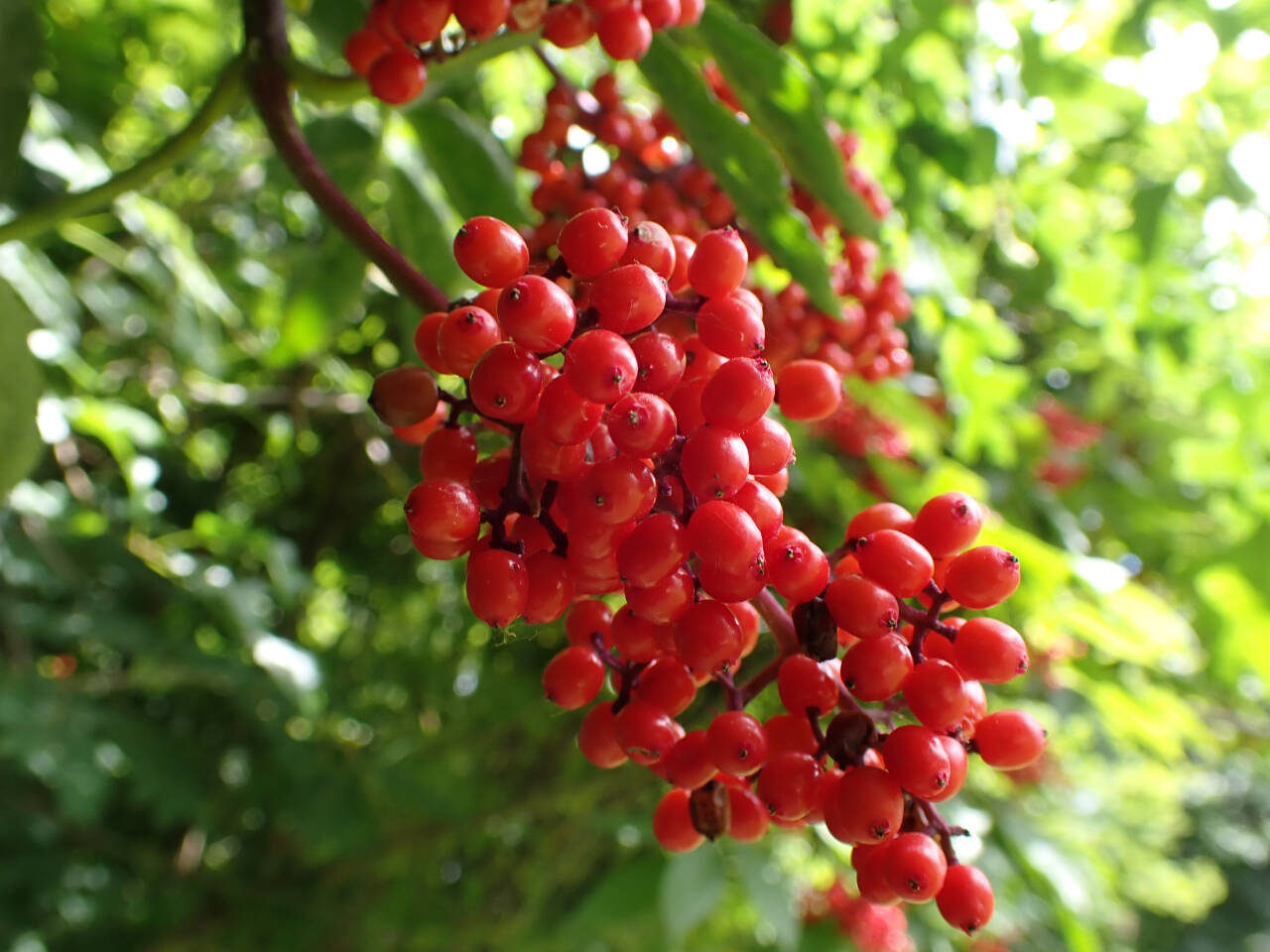While the Olympic Peninsula is paradise of biodiversity, hosting many plants pleasing to the eye and taste and including many edible plants, poisonous plants — both native and introduced — also grow in our area.
Join Christina St. John, Clallam County’s noxious weed control program coordinator, for the Green Thumb Education Series presentation “Poisonous Plants of the Olympic Peninsula” to help better understand which plants to avoid.
The presentation is set for noon-1 p.m. on Thursday, May 25, at the Port Angeles Library, 2210 S. Peabody St. Join via Zoom from PC, Mac, Linux, iOS or Android, by clicking on the link at extension.wsu.edu/clallam (meeting ID 936 2989 8830, passcode 676224), or by phone by calling 253-215-8782.
Poisonous plants run the spectrum from causing skin rashes when touched all the way up to potentially killing humans and pets if consumed, event organizers note.
“But with a little bit of knowledge and a good eye, you can identify these plants and protect yourself, your family, friends and pets from their harmful effects,” St. John said.
St. John will discuss common poisonous plants found on the Olympic Peninsula, how to identify them and hear tips on how to safely remove them from your landscape if necessary. She will also compare them with non-poisonous plants that look similar to help you better understand the differences. She will also have poisonous plants samples available on-site so attendees can look at them in person.
The Clallam County Noxious Weed Control Program staffers work with private and public landowners to ensure the control of noxious weeds within the county and is responsible for treating noxious weeds on county-owned land.
Previously, St. John worked at Shore Road Nursery and the Matt Albright Native Plant Center growing native plants of the Olympic Peninsula. She has also worked on restoration projects in California and North Carolina.
St. John earned her bachelor’s degree in ecology and evolutionary biology from University of California-Santa Cruz, and her master’s degree in sustainable forest management at Oregon State University.
Sponsored by WSU Clallam County Master Gardeners, the Green Thumbs Garden Tips education series is offered on the second and fourth Thursday each month through October (in November, December and January, one program is offered). Scheduled presentations are subject to change. Visit the WSU Extension Clallam County website calendar (extension.wsu.edu/clallam) for the latest information on upcoming presentations.
For more information, call 360-565-2679.



